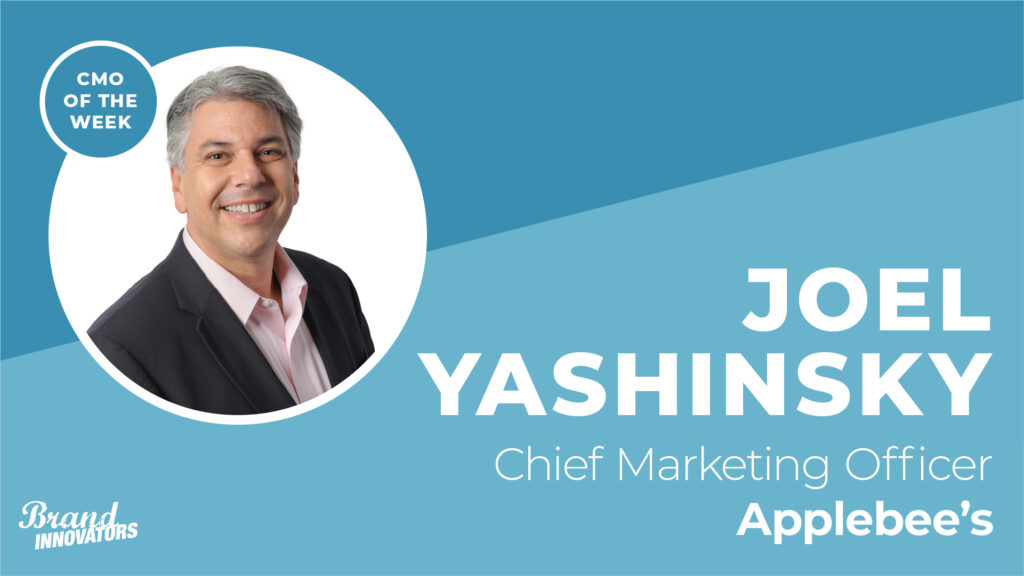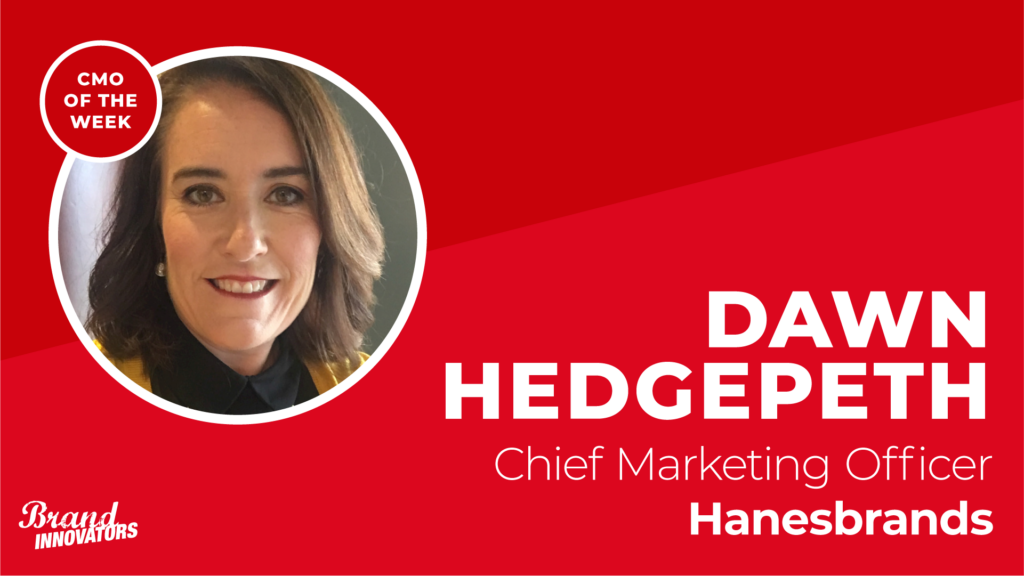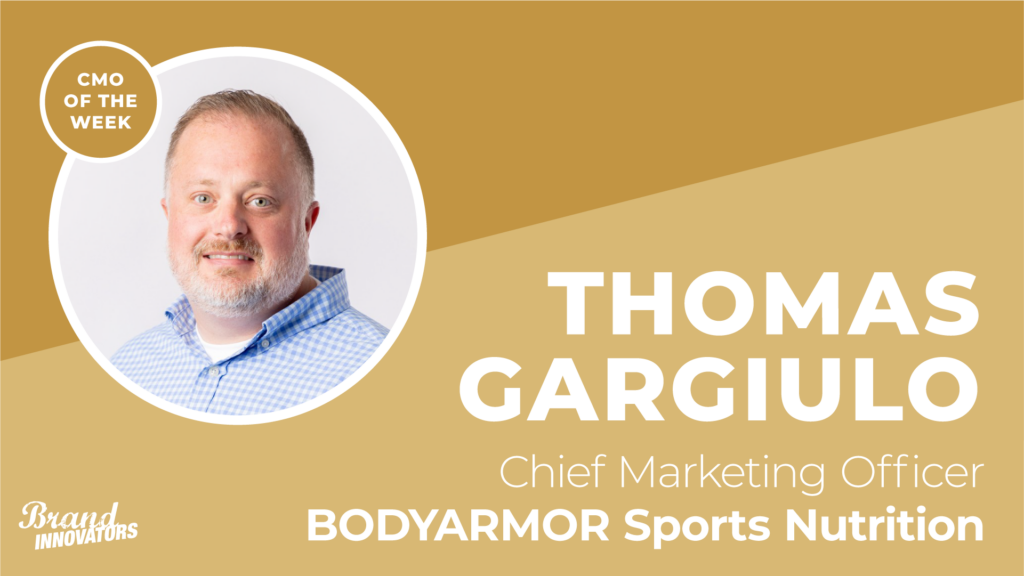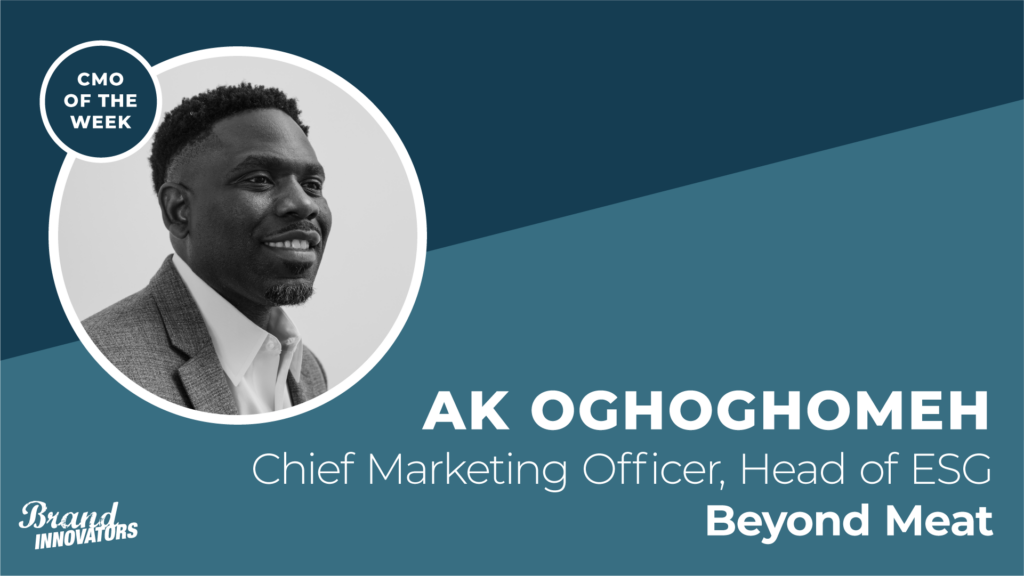The COVID-19 crisis has thrown a lot of curveballs at marketers over the past three months, but Deborah Wahl, Global CMO at General Motors, was up for the challenge.
Just one week into taking on her new role in Detroit last September after 18 months as Global CMO of Cadillac in New York, Wahl suddenly had to address a national strike of 48,000 United Automobile Workers that ended up taking six weeks to resolve. By the time Wahl and her marketing team had gotten a chance to start rolling out their first post-strike campaigns, the COVID-19 crisis struck the country in early March. “It has been the wildest ride of my career,” she says.
That ride has included senior roles at nearly every major automotive group – from her early days at Ford and Mazda to Toyota and Lexus to Chrysler, where she served as CMO for a year in 2007. She also spent four years as SVP and CMO of home construction company PluteGroup from 2009 to 2014, and an additional three years as CMO of McDonald’s USA, which cemented her status as one of marketing’s most powerful forces.
Wahl has spent the past 12 weeks of quarantine activity putting that power to productive use, overseeing everything from GM’s early pivot to producing ventilators for COVID-19 patients to the discontinuation of GM’s ride-sharing service Maven in April to advocating more flexibility from an upfront marketplace that’s been forced to adapt to an uncertain future. She’s also helped GM’s free wifi offering for its in-vehicle OnStar service achieve over 170,000 customer sign-ups through the end of May, and helped roll out GM’s CLEAN initiative to establish higher standards of safety and cleanliness.
Perhaps most importantly, GM has been among the many companies in recent weeks that have announced donations and initiatives in support of inclusion in the workplace and racial justice. On June 5, the company announced $10 million in donations and corporate matching to different organizations, including a $1 million commitment to the NAACP Legal Defense and Educational Fund. GM CEO Mary Barra also announced the creation of an Inclusion Advisory Board with leaders both inside and outside the company to improve GM’s inclusive hiring practices.
Barra’s pioneering role as the first female CEO of a major automaker was one of the many factors that drew Wahl back to her hometown of Detroit for her current role as GM’s Global CMO. Brand Innovators caught up with Wahl from her home to learn more about her newly accelerated approach to campaign planning post-COVID, recent innovations in addressable advertising and her ask for TV networks during upfront negotiations. The conversation has been edited for length and clarity.
Brand Innovators: Within the first six months of your role, you’ve had to take on the auto worker strike and now the COVID-19 crisis. What’s that experience been like for you, and how have those events helped you and your teams stay quick on your feet to make decisions differently than you might have before?
Deborah Wahl: I could not feel more grateful to be at an incredible company. I have seriously never worked at a company like GM. And I think it’s all the things that we’re actually doing and showing through this crisis to show how the soul of the company is coming through.
For example, our effort to produce ventilators [for the U.S. Department of Health and Human Services] went from a first meeting to 18 days later going into full production with ventilators. Same with masks, a team said, “People need masks, we have to do the same thing,” and it was less than 30 days from inception to getting volunteers everyday from the team signing up to go to work on creating masks. Now we’re trying to share all our learnings on safety protocols with all communities across the country – schools, hospitals, offices — about how the protocols can be put in place to keep everyone safe and go back to work.
Q: How have those quick pivots shaped how you approach your brands’ marketing?
Deborah Wahl: The most crucial thing was we established upfront that we believed we were going through five phases from panic, which I think we all went through, to recovery, which is still to come. And we’ve followed those phases pretty accurately in terms of the tone and what we’re doing and what we’re really pushing. I think this is an opportunity for everyone to view the customer experience in a completely different way. And what’s fascinating for the auto industry is that for all these years we’ve talked about online shopping and some virtual things that would help both the company and our dealer network. And what we’re seeing from these pivots that have happened with our consumers in such a small timeframe is really incredible.
Of course, now the expectation from all my colleagues is that we can do everything in 18 days. [laughs] What’s fascinating is with the fact that we’re all working from home, somehow even though we’re separated it has made us closer than ever to the collaboration across the company, and we’re all working so hard to align on four vehicle brands. Never have we worked so closely together to get the right thing out, hit the right tone and find the most valuable thing for the customer.
Q: In April, GM announced it was shutting down its ride-share service Maven. Where does ride-sharing fit into your overall mission going forward, and what other initiatives have you been prioritizing to foster other innovations?
Deborah Wahl: As we’ve looked at many avenues of innovation, we’re finding things that we feel are really important and that align with our mission. Our mission is to create a world of zero crashes, zero emissions and zero congestion. We’ve been looking at all these different ways to do this, and with the crisis we’ve had to focus even more than we would have liked to. Ride sharing is still a part of that, but we’re really doubling down on making sure we continue to bring out EVs [Electric Vehicles] to fruition. We’re also excited about the safety tech we’ve worked on and the advancements like Super Cruise which allow you to drive hands-free. We’ve seen those things become extremely important as consumers’ desire is shifting.
And in the meantime we also just launched a new Silverado, and we’re seeing enormous demand for those vehicles. It’s really interesting to have this dichotomy right now where the world is a much cleaner, more breathable space and gas prices ase as low as they’ve ever been. We’re really working to keep pushing the vision that we think is super important to the world and it’s the role we think we can play in the world as well.
Q: If the first phase of pandemic advertising was the somber, “standing together” message, what phase is GM at now in terms of establishing a different tone in its advertising as more parts of the country reopen?
Deborah Wahl: In our phases we had panic, we have reassurance which was Chevy Cares and Cadillac “We have your back.” Now we think we’re in the sequestering or entertainment phase, right before recovery. We’ve been incredibly active on social, if you look at GMC has done an enormous amount of social content. One of my favorite examples is how they took their “Hurricane” spot and said, “Here’s 20 seconds. Wash your hands to this #LikeAPro.” We launched designs through coloring books for Chevy as part of National Crayon Day on March 31, and we’ve seen enormous engagement on that.
And we’re seeing customers getting ready to go back. Even as we go back to product advertising, we still have to watch the tone, and we’re very conscious of what kind of imagery we’re using. If it’s too off, it just gives you that feeling down the back. We’re paying a lot of attention. We’ve seen the research that the majority of people who were planning to buy a car, are still planning to purchase that. So what do they need, how do they do that and how do we get that to them in the manner they want is the number one priority.
Q: How have you adjusted your media mix over the past three months, and which platforms are you prioritizing where live TV and sports would have otherwise been the biggest reach vehicle?
Deborah Wahl: We’ve spent an enormous amount of time in the last 18 months ramping up our digital. We’re working with Carat Dentsu to allow us to understand audiences and targeting, and we’ve seen that be incredibly successful from what we’ve put in so far. Even though we’re not out shooting new content, we’re actually re-editing content to be more personalized. My prediction is that this year will ramp us up as an industry for when we re-think personalization from what color of car do you want to something much more meaningful — and ramping that up. What we’ve seen from our addressable advertising is extremely strong results, much better responses and better ROIs. So we want to work with the industry to push the amount of inventory that’s available on that side. We think it’s the right time.
And then of course we have the issue of no events happening. All of our sponsorships are on pause. We call it the COVID holding bucket, there’s so much we don’t know the answer to yet. We don’t know about sports, but we’re waiting. We had our first toe in the water with a NASCAR race with no fans, but we’re holding a lot to decide what are the permanent changes to the mix that we’ll see. And then of course we went much more digital and flexible and regional during the last two months because that’s what you had to do. All that’s going to still play a role, and I’m just grateful that we made significant investments in how we could do the 1 to 1 propensity modeling. All of that’s gonna serve us well.
Q: Now that we’ve entered what has traditionally been the upfront timeframe for your negotiations with networks and the digital Newfronts, have you made any decisions yet on your commitments for this year?
Deborah Wahl: No I haven’t, to be honest. We’re really working with the networks on flexibility because I think they’re in the same position. We’ve talked about quarter by quarter and how to do that, what level of flexibility is appropriate going forward. We’re having all the same conversations. Until we get some true knowledge about what happens with pro sports, what happens with college sports, it’s incumbent on all of us to help each other with some flexibility.
Q: You and General Motors CEO Mary Barra represent one of the very few combinations of females at the top of the C-suite in a major corporation. What has your work with Mary taught you about the importance of female leadership?
Deborah Wahl: Female leadership is the best. Mary Barra is incredible, she has built a fully diverse team of men and women that are focused on this vision for the future. We start every meeting at GM with a safety message. It’s a message that shows why we care for each other, and that message can be about safety in the workplace all the way to what are you doing about driving in the winter with snow storms or rain storms — anything that can impact our lives overall. I think that whole personality, or culture, is really impacting the way that we all have approached this crisis and how we’re all handing it.
The second part of that is the ability to make really strong choices and move fast. As soon as this hit we had just come off the strike, and our leadership has made some really strong choices to help us become a stronger company in ways we can make a difference. I made a big personal life decision when I moved from Chicago as CMO of McDonald’s to come back here to Detroit, which is my hometown. I could not have greater respect for the leadership and it propels me forward to think about bigger and better things.
Q: What is General Motors doing to join the fight against racial injustice, both in terms of partnering with organizations and improving its own hiring practices?
Deborah Wahl: Mary issued an open letter to our employees to stand up against injustice: “Let’s stop asking ‘why’ and start asking ‘what.’ What are we going to do? In this moment, we each must decide what we can do – individually and collectively – to drive change… meaningful, deliberate change. As one of the largest global companies, there is much we can do.” Since we’ve made our stance public, GM has taken the first steps towards accomplishing this by designating $10 million to support organizations that promote inclusion and racial justice, the first step of many towards dismantling systemic injustice.
Andrew Hampp is an entertainment marketing consultant for Brand Innovators and the founder of consultancy 1803 LLC, based in Berkeley, California.




